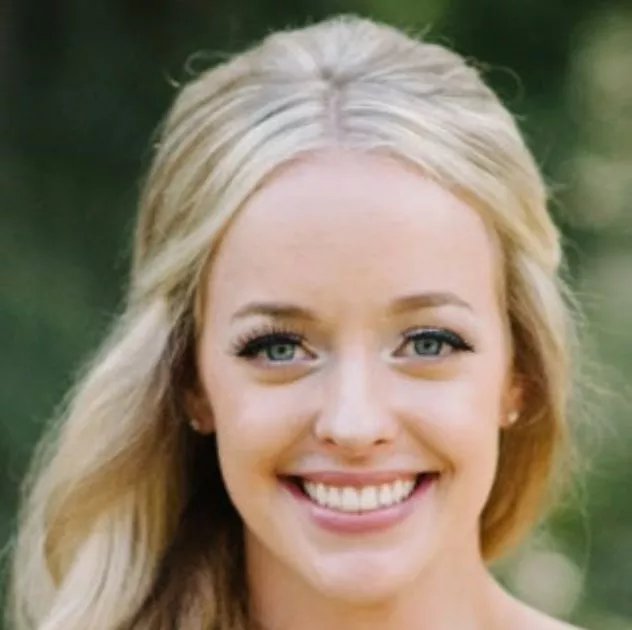From Curious Volunteer to Cancer Care Specialist

The following story was first published by the Irving K. Barber British Columbia Scholarship Society. It is republished here with permission.
Brettany Makuch’s desire to work in health care has been with her since childhood.
“I used to pretend to be a doctor and would gladly volunteer to put a band-aid on anyone who needed it,” says the Northern B.C. resident. Brettany started volunteering at her community hospital during high school, stocking supplies and helping the nurses whenever they needed a hand.
“Visiting with patients, bringing them water or even just simply helping them to rearrange their blanket were things that made me feel like I was making a difference,” she says.
The hospital felt comfortable to Brettany, and her fascination with the nursing profession only grew. Her high-school volunteer experience encouraged her to pursue nursing at the University of Northern British Columbia, where she graduated with a BScN in 2011. But even with a degree in hand, Brettany continued to further her commitment to her community’s wellbeing by signing up as a volunteer — this time with the Canadian Cancer Society, where she had served in a practicum placement during her degree.
“The volunteer opportunities presented to me were not only something I felt improved my skills in leadership and communication, but were fun,” she says. “I met numerous incredible people along the way who devoted so much time and effort into the common goal of one day eradicating cancer.”
Brettany’s early nursing career had been filled with diverse experiences in both medicine and in the area of mental health. But even though she had volunteered in cancer care, the spark didn’t truly ignite her fuse until she began shadowing a cancer-care nurse, and experienced chemotherapy through the eyes of a patient. She spent numerous shifts sitting with the woman, talking.
“The conversations I had with this woman only solidified my new desire to work in cancer care,” says Brettany. “This woman was what I saw as a warrior, and was someone I felt privileged to work with.”
Brettany’s passion had bloomed. She was thrilled when a posting opened up in a northern community requiring a cancer-care nurse. She found the work rewarding and challenging, and decided to stake a long-term claim in it by pursuing graduate studies as a nurse practitioner.
“Working in and around communities with a shortage of primary care providers is what motivated me to become a nurse practitioner,” she says, “and continues to motivate me throughout UNBC’s Master of Science in Nursing Family Nurse Practitioner Program.”
Heading back to school as an adult, however, has presented a new set of challenges for Brettany.
“Being a student in a master’s program today is far different than what is was like being a student in a bachelor’s program right after high school!” she says. “I have a tremendous amount of responsibility that I did not have in my undergraduate studies.”
Although she felt a bit hesitant to apply for an Aboriginal award because she felt she lacked direct involvement with her Métis community, Brettany realized that her continuous involvement with Aboriginal populations through her work in health care, coupled with her intent to continue giving back to these populations as a nurse practitioner made her a natural fit for the scholarship. The $5,000 multi-year award granted to her by the Irving K. Barber British Columbia Scholarship Society (IKB) has given her a bit of breathing room as she completes her master’s degree.
“Receiving an award from IKB has been an incredible support to my financial situation,” she says, “and has facilitated my current success in the Family Nurse Practitioner program.”
The Irving K. Barber British Columbia Scholarship Society exists expressly to help students access the higher education they need to move their careers forward.
“I would encourage all Aboriginal students to apply for an award through IKB just as I did,” says Brettany, “because it can help tremendously in the success of your studies, which is the main goal of this organization.”
Applications for IKB Aboriginal Awards will be available in January, 2018. Visit the Society’s website www.ikbbc.ca for more information.